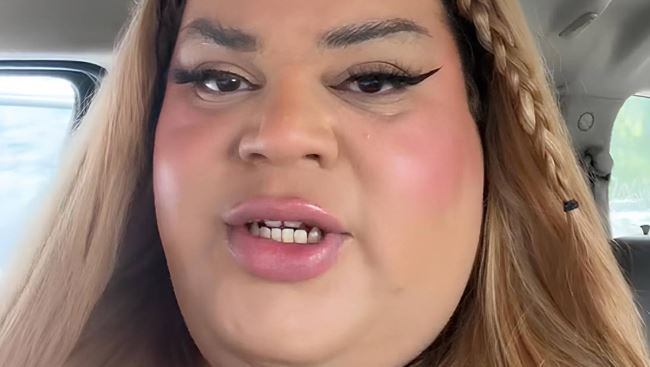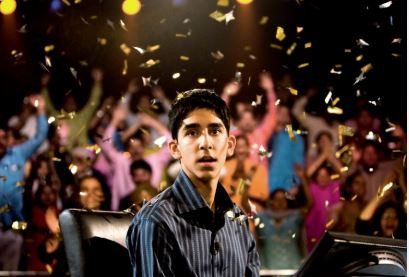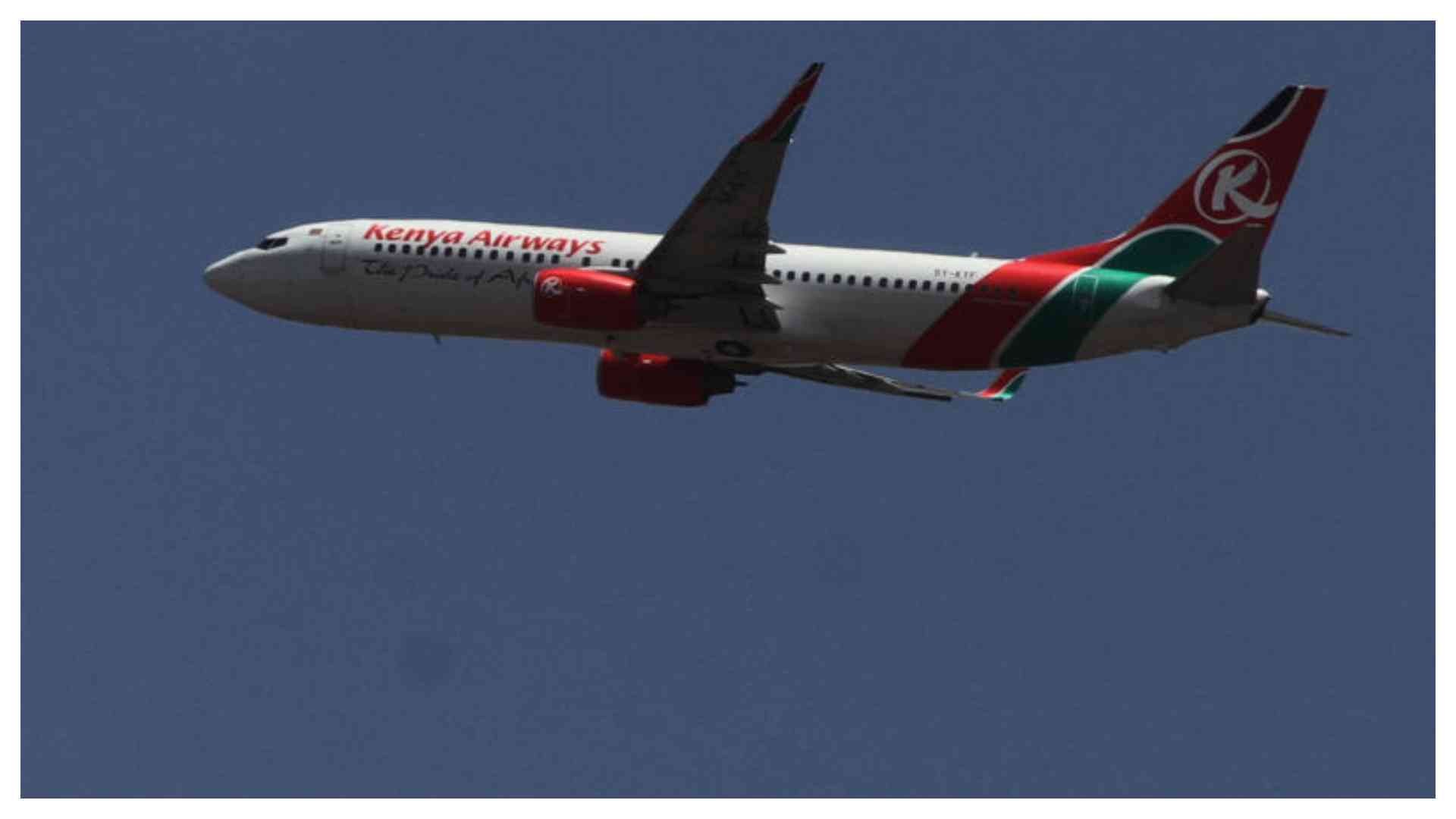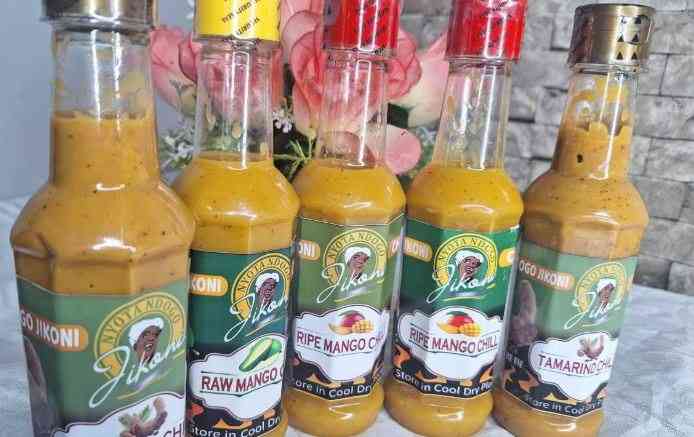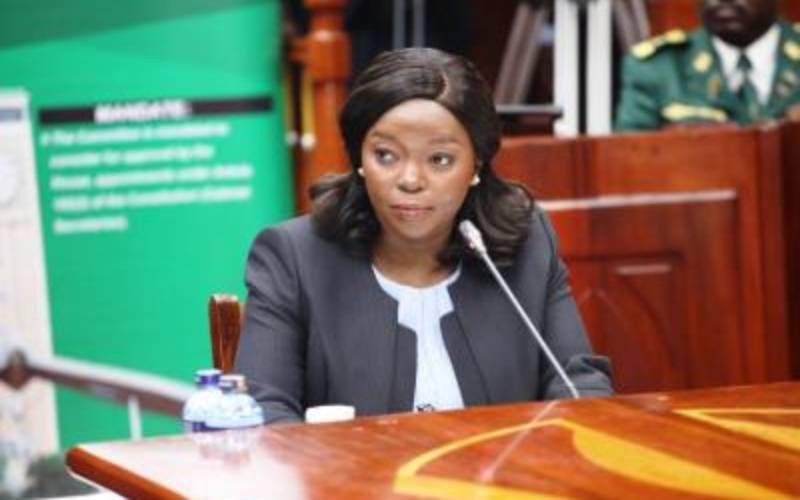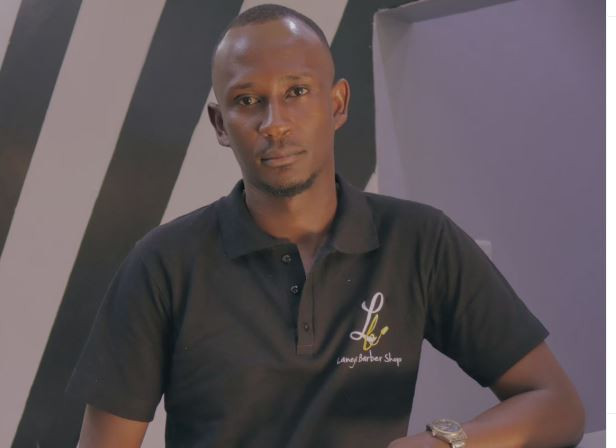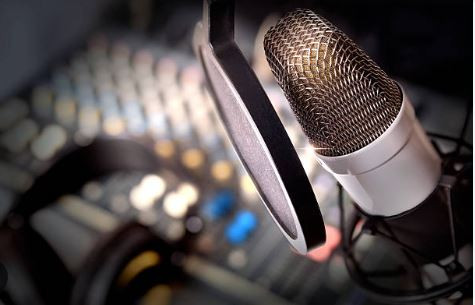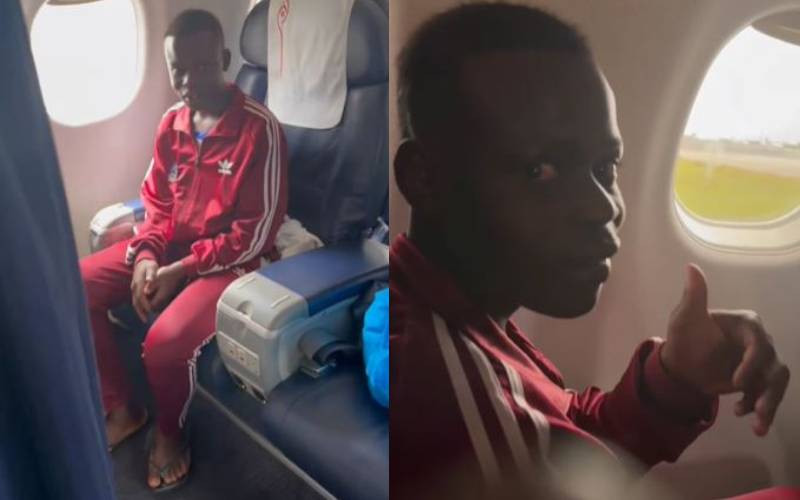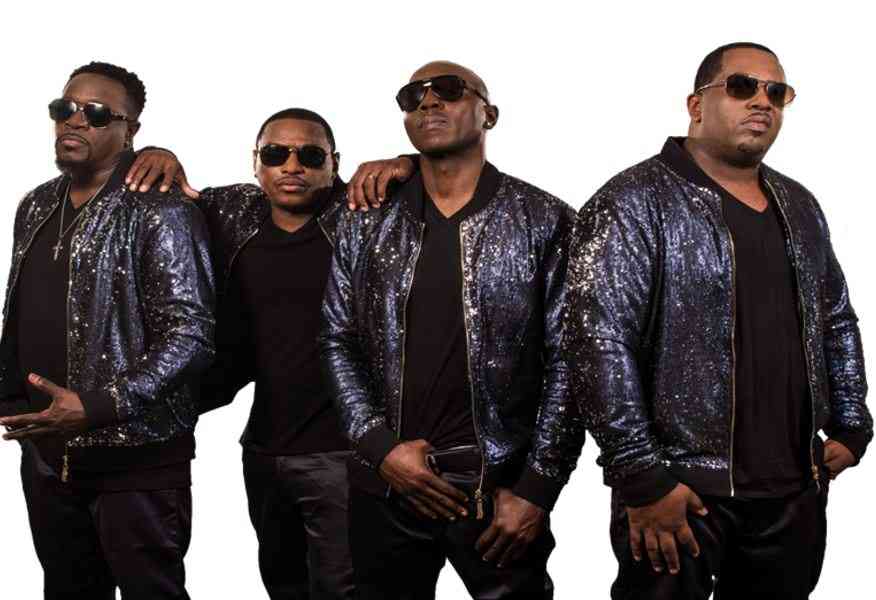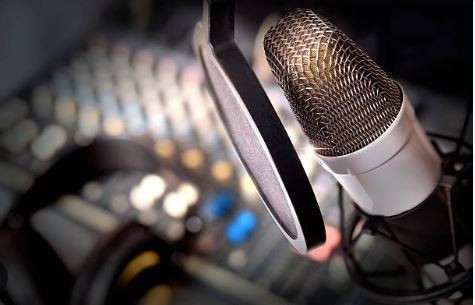
Amos Kimani Wamai, an award-winning reggae artist, narrates his journey of perseverance, detailing how he saved money from odd jobs to record his first songs, endured nights on the streets, and eventually carved a path to success in the music industry.
Tell us about yourself and your achievements so far.
I am a versatile musician creating unique urban positive music. I am thrilled that many of my songs are performing well and receiving significant airplay on major radio stations like Vybez and Ghetto Radio.
Some of my notable achievements include the nominations of my song Akili ni Mali for the FEMA Awards and Extreme Awards in 2021 and 2022.
In 2014, I collaborated with Picasso Lazaretto, a gospel artist based in Florida, USA, and Kris Erroh Napepea, the Mmh Baba hitmaker. This collaboration won the Best Hip-Hop Song at the 2014 Extreme Awards. I have also partnered with Brayo Brizy and Fishbee and have been invited to perform on major TV stations.
When did you discover your music talent?
I discovered my singing ability while in Form Two. I began writing songs and performing them during school talent shows.
When did you release your first song and how did it feel?
I released my first song in 2012, featuring Brayo Brizy. The collaboration strategy helped the song perform well, earning several nominations.
As for my first performance, it was thrilling. Initially, I felt nervous, but I gained confidence as I continued performing. Back then, without sponsorship, I had to work odd jobs like construction (mjengo) to save money for recording my songs. So far, I have done five songs under my former brand name Ammoh which I changed to G Imani Art in 2021.
Which of your projects has been most successful?
Hakuna Matata has been particularly successful. It receives frequent airplay on various radio stations, and friends and DJs often reach out to tell me they have heard it playing.
What’s one unique thing about yourself?
I pride myself on my simplicity and humility. I can record a hit song, perform at an event, and return to my regular life as if nothing extraordinary happened. I connect effortlessly with people from all walks of life.
Additionally, I have a passion for philanthropy. I am part of Habahaba Charity Group, which includes my music fans. We visit children’s homes across the country to support vulnerable children in need.
How has music impacted your life?
Music has shaped me into the best version of myself, instilling confidence and resilience. Along the way, I have met destiny connectors who have become like family, including producers such as 99 Degrees, Arkishpro, DJ Mantix, DJ Rayza, Willy Amaj, and The Streets Music Promoter.
Are you doing music full-time?
Not entirely. Besides music, I am an entrepreneur, selling and supplying construction materials, as well as designing and selling home furniture.
Where do you see yourself in five years?
In five years, I envision myself as a global artist producing international hits and touring the world while doing what I love most: Creating music.
What is that one experience you would like to forget?
One experience I would want to forget is the time I could not afford rent. My landlord evicted me, and I spent two months sleeping on the streets during a cold season.
A Mugithi artist named Sans Gichuru eventually came to my rescue. And I am deeply grateful for that.
What is your perception of the Kenyan secular music industry?
The Kenyan secular music industry lacks unity. Established artists are often reluctant to help upcoming talents, which hinders the growth of the creative sector.
To move forward, artists should form chamas or saccos with the goal of fostering unity and development for both secular and gospel musicians.
Collaboration and mutual support are key to building a competitive industry on the global stage.
 The Standard Group Plc is a multi-media organization with investments in media platforms spanning newspaper print
operations, television, radio broadcasting, digital and online services. The Standard Group is recognized as a
leading multi-media house in Kenya with a key influence in matters of national and international interest.
The Standard Group Plc is a multi-media organization with investments in media platforms spanning newspaper print
operations, television, radio broadcasting, digital and online services. The Standard Group is recognized as a
leading multi-media house in Kenya with a key influence in matters of national and international interest.

